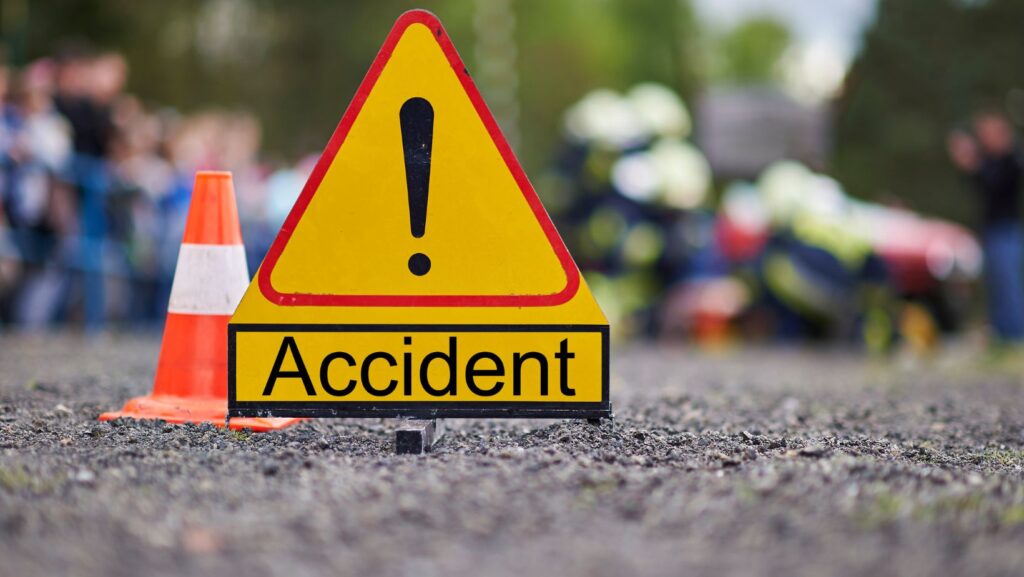A sun-soaked vacation can quickly turn into a nightmare when an unexpected accident occurs. Suddenly, you’re not just dealing with physical pain, but also a web of legal complexities. This article sheds light on navigating the murky waters of law and insurance when a vacation takes an unfortunate turn.
Understanding the legal landscape post-vacation mishap is crucial. It’s not just about knowing your rights, but also about understanding the intricacies of insurance claims and dealing with foreign legal systems if the accident occurred overseas. Stay tuned as we delve into these issues, providing you with a roadmap to make an unfortunate situation a bit more manageable.
Understanding Legal Complications After a Vacation Accident
Grasping the legal intricacies ensuing a vacation mishap can be challenging. This section delves into various types of vacation accidents and familiarizes readers with common legal impediments.
Types of Vacation Accidents
Vacation accidents can happen in numerous forms, and understanding them becomes vital. For instance, auto accidents often occur during travel, as tourists are unfamiliar with local driving rules. Additionally, accidents might take place in vacation rentals due to safety issues or lack of maintenance, leading to potential premises liability claims. Swimming pool and water sport mishaps form another category, largely attributed to inadequate supervision or faulty equipment. Finally, notable mention goes to accidents abroad, implicating foreign jurisdictions and local laws around personal injury.
These instances underline the importance of owning a comprehensive travel insurance policy that adequately covers potential accident scenarios. This knowledge can help sketch an action plan in the unfortunate incidence of such mishaps.
Common Legal Challenges Faced
Dealing with a vacation accident’s legal fallout can be formidable. Navigating foreign jurisdictions, for instance, often proves tricky as individuals grapple with unfamiliar legal systems and language barriers. On home soil, establishing liability in cases of premises accidents requires expert understanding of premises law, typically presenting legal intricacies for the uninitiated.
Delving deeper, damage recovery in auto accidents hinges upon the specific state’s insurance laws. Texas injury law, for instance, follows an “at-fault” system, necessitating the offending party to compensate for the damages caused. Facing such legal hurdles, legal counsel’s assistance can bring comfort in an otherwise complex situation.
These challenges reiterate the significance of preparedness and awareness of potential legal issues. Engaging with experts or ensuring a comprehensive insurance policy can prove to be beneficial in navigating these complexities effectively.
Steps to Take Immediately After an Accident
In the aftermath of a vacation accident, certain steps prove essential to handle legal complications effectively. Travel insurance comes into play here.
Collecting Evidence at the Scene
Collecting evidence ranks among the initial steps post-accident. Document the incident in detail, capturing photographs of the accident location, individual injuries, and potential causes of the accident, like unsafe premises or hazardous conditions.

Store this data securely, as it plays a crucial role in any ensuing legal proceedings. This process simply aligns with the principle of preserving evidence for any legal dispute, just like an injury law expert might in Texas.
Contacting Local Authorities
Following an accident, make the immediate call to local law enforcement authorities. They craft an accident report that provides an unbiased documentation of the event, beneficial in the subsequent legal process. In case of accidents abroad, contacting the local U.S. embassy or consulate proves helpful. Remember, a detailed police report assists in claiming travel insurance and handling the legal components efficiently.
Navigating Insurance Claims
After a vacation accident, managing insurance claims becomes a crucial task. Here, considerations include dealing with one’s travel insurance and understanding local laws and insurance policies.
Dealing with Your Travel Insurance
Dealing with travel insurance offers a key step towards addressing the financial implications of a vacation accident. First, claimants contact their insurer, typically within a strict timeframe, otherwise, risk delays or denial in the insurance claim process. Next, they share explicit details about the nature, circumstance, and aftermath of the accident. Corroborative documents like medical bills, police reports and evidence of the incident fuel the claim’s validity. Simultaneously, enlisting Texas injury law experts helps navigate the complex strata of legalities, including deciphering policy terms and facilitating speedy claims processing.
Understanding Local Laws and Insurance Policies
Primordial in managing vacation accident aftermaths includes understanding the local laws as well as the foreign or domestic insurance policies at play. Specific laws around personal injury differ in jurisdictions across the globe, demanding a diligent understanding of the same. For instance, in some regions, third-parties might be liable for the accident, a factor that significantly influences the claim process. Also, travel insurance policies often come with several exclusions; knowing these helps to avoid misconceptions and unwarranted surprises. However, for a layperson, comprehending such legal and insurance intricacies can be challenging. Thus, engaging legal experts adept in local laws and personal injury facets remarkably simplifies this process.
Seeking Legal Assistance
Navigating legal issues after a vacation mishap presents many complexities. Securing assistance from a proficient lawyer proves indispensable in such circumstances.
When to Hire a Lawyer
Securing legal assistance in the aftermath of a vacation accident depends on several factors. For example, if significant injuries have occurred, if the accident took place in an unfamiliar jurisdiction, or if there are conflicts with travel insurance claims, a lawyer’s expertise becomes vital. Engaging legal experts like Texas injury law specialists can facilitate a clearer understanding of laws around personal injury, aiding in such situations.

These lawyers, known for their mastery of nuances in personal injury and liability laws, can provide significant insights, irrespective of the jurisdiction where the accident occurred. Drawing on their extensive knowledge, they can demystify legal intricacies, guiding victims through claims processes, dealing with insurance companies, and where necessary, getting courtroom representation.
What to Expect from Legal Proceedings
Legal proceedings following a vacation accident can vary vastly due to factors such as location of the mishap, severity of the injury, involved parties, and their respective insurance coverage. For instance, personal injury claims generally focus on establishing negligence, proving injury, and accordingly, seeking compensations. However, the process isn’t straightforward. It often involves complexities such as dealing with insurance adjusters, comprehending regulations from different jurisdictions, and evidencing the claim. This may include activities like drafting legal communications, mediating between parties, or sometimes, even representing the victim in court.
Legal professionals facilitate a smoother course of action, breaking down the complex procedures into manageable parts. They bring substantial experience in dealing with insurance companies, understanding their tactics, and countering their denial or delay strategies. Furthermore, these experts can aid in calculating comprehensive claims that include variables such as medical expenses, loss of income, personal trauma, among other damages, ensuring victims receive deserved settlements. Hence, having a sagacious legal ally significantly eases the process, taking charge of the legalities while allowing victims to focus on their recovery.



